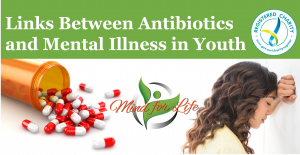Mental health statistics can be disheartening. Depression, for example, as reported in one journal, affects approximately 150 million people worldwide at any given time, and is on the rise. To make matters worse, it is estimated that current treatments only reduce the burden of depressive disorders by one-third.
The Good News
On a more positive note, research indicates that much can be done to prevent mental illnesses such as depression, anxiety and psychotic disorders. According to an article in The Conversation, this prevention is both cost effective and achievable. The authors provide the following research results as an indication of what may be achieved:
- Healthy youth receiving psychological treatment can reduce the likelihood of developing depression or anxiety in the following year by 14-34%
- Preventative cognitive behaviour therapy for people considered at risk of mental illness can reduce their risk by 26%
- People in early stages of psychotic disorders who receive treatments (such as low-dose medication, cognitive behavioural therapy and consumption of omega 3 fatty acids) can reduce their risk of developing a first episode of psychosis within two years by 37%.
Better Access Initiative
In Australia, a new recommendation has been put forward to expand the Better Access initiative to help those at risk of developing a mental illness. According to The Age, this means that people who are likely to develop a mental illness may be able to access up to 10 Medicare-funded psychology sessions a year. This access to treatment could be an effective step for many people to take control of their health while it is at a more manageable level.
While there are issues in need of further research, such as how to identify risk markers, and how to provide the best treatment, the topic of preventative care is certainly gaining attention. Some forms of treatment under consideration, as listed in The Conversation, include:
- Group therapy
- Phone apps
- Web-based therapy
- One-to-one psychotherapy
Hopefully we will see a significant growth in early mental health treatments in the near future.





